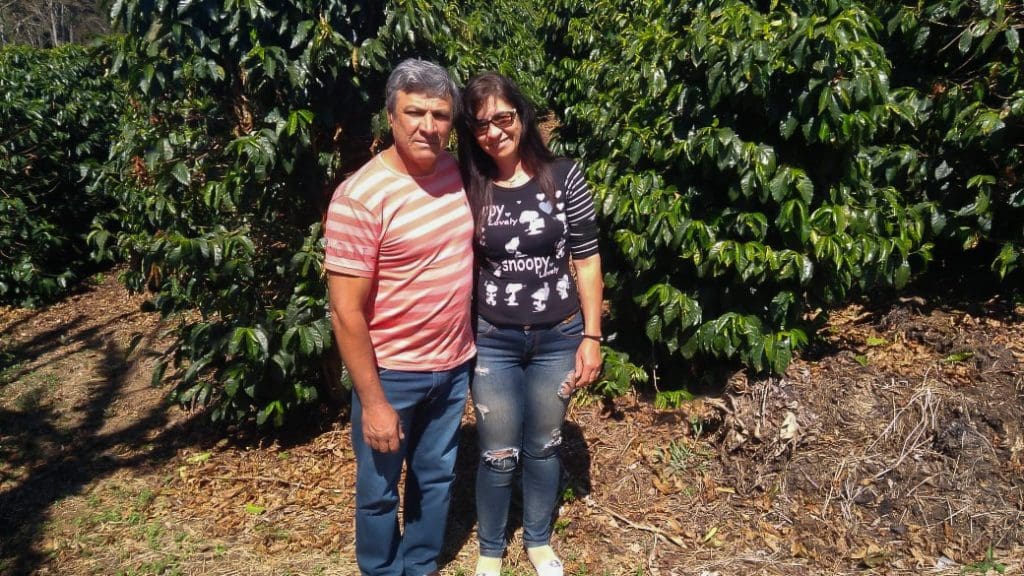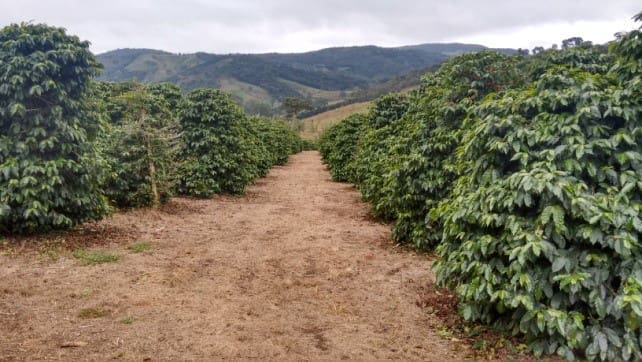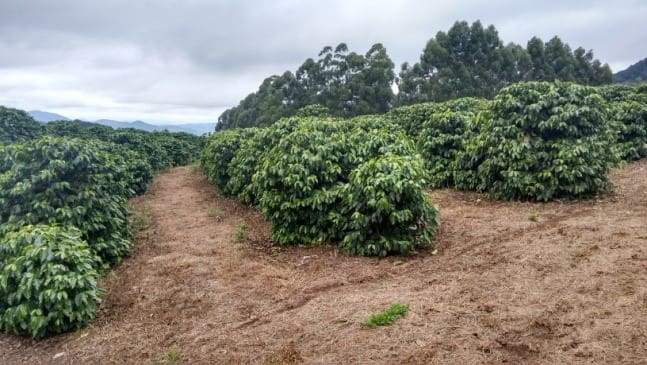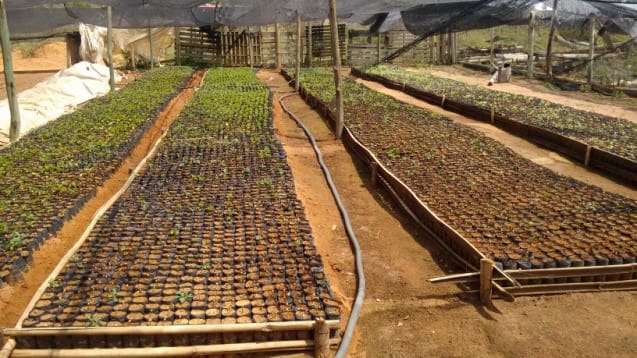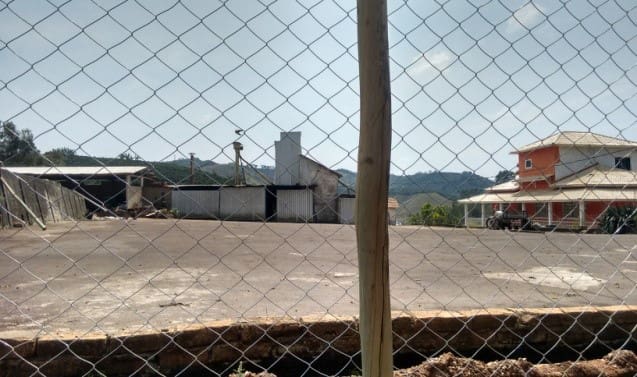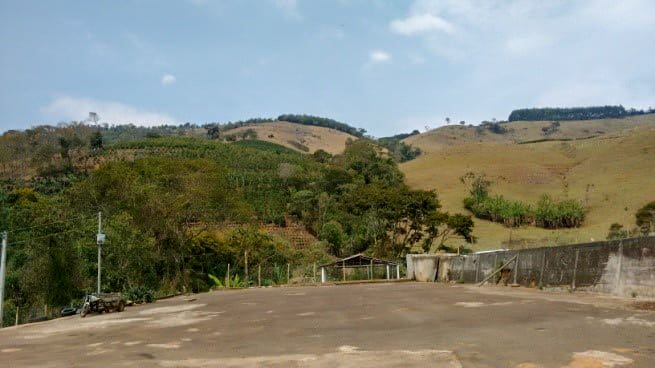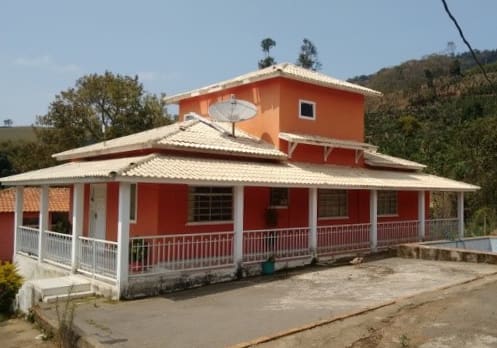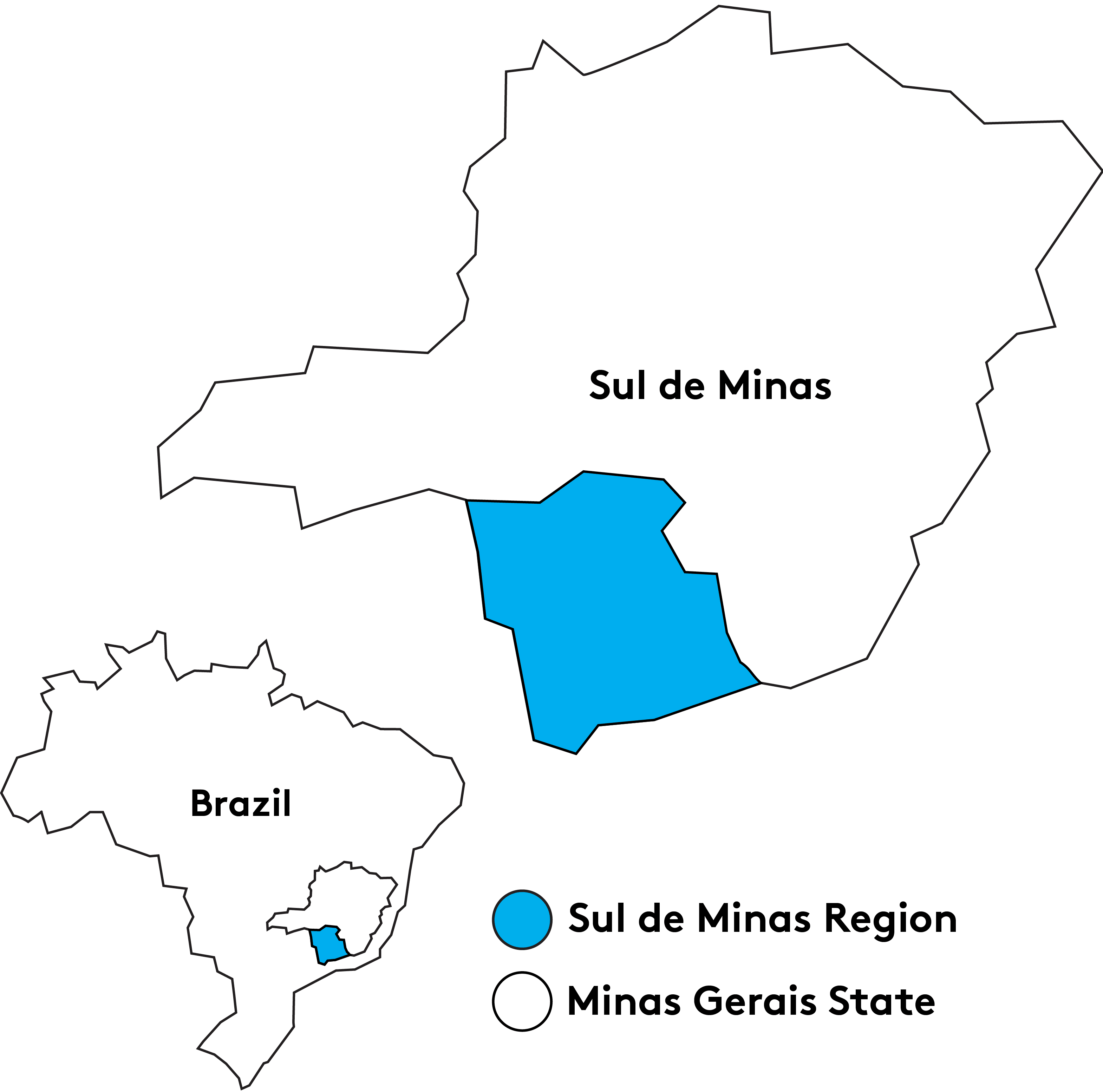Region
Sul de Minas
Southern Minas Gerais is one of Brazil’s most productive coffee producing areas. This region has grown Arabica coffee since the 1850s and is characterized by rolling hills, a mild climate averaging 23° C, and high elevations. While some of the largest coffee producing properties in Brazil are located in Sul de Minas, more than half of the region’s producers are small to medium-sized farms. Sul de Minas accounts for, on average, 30% of Brazil’s coffee production.
The mountainous terrain, reaching up to 1400 meters above sea level, is ideally suited for growing coffee and Sul de Minas has increased production quality through investments in infrastructure and sustainability measures. The most commonly cultivated varieties are Yellow Catuai and Novo Mundo, with some farms also growing Icatu, Obatã and Red Catuai. Most of the coffee produced is processed as Natural and the final cup profiles are full bodied, with low acidity and fruity aromas.
